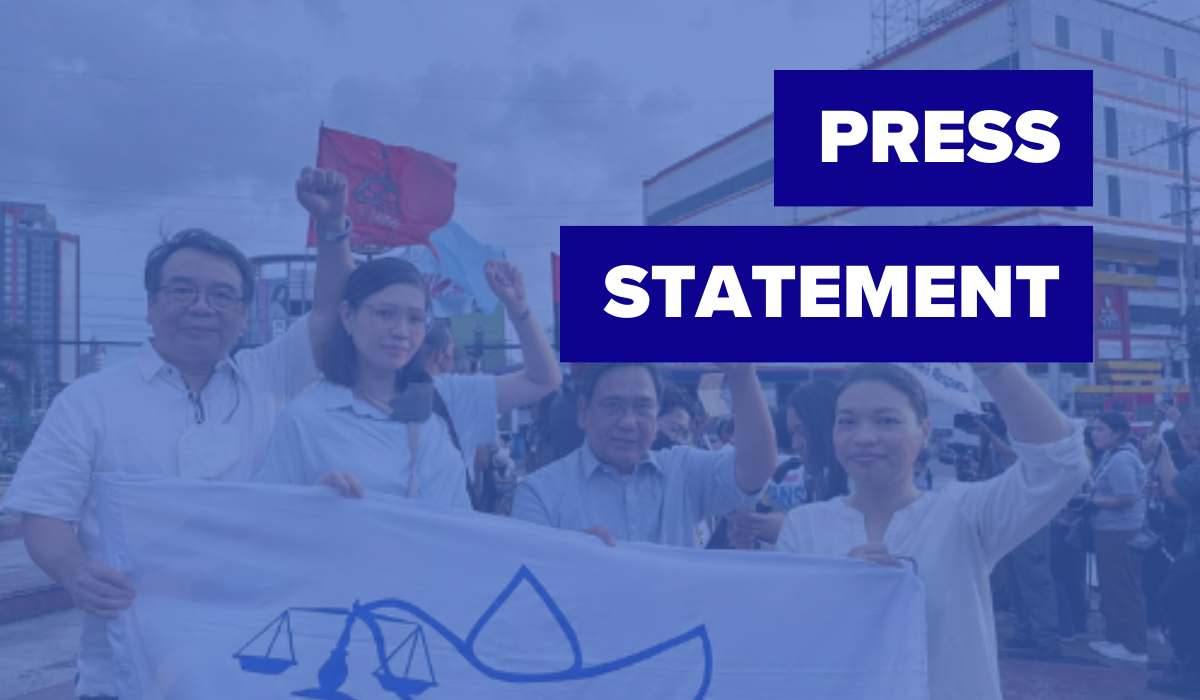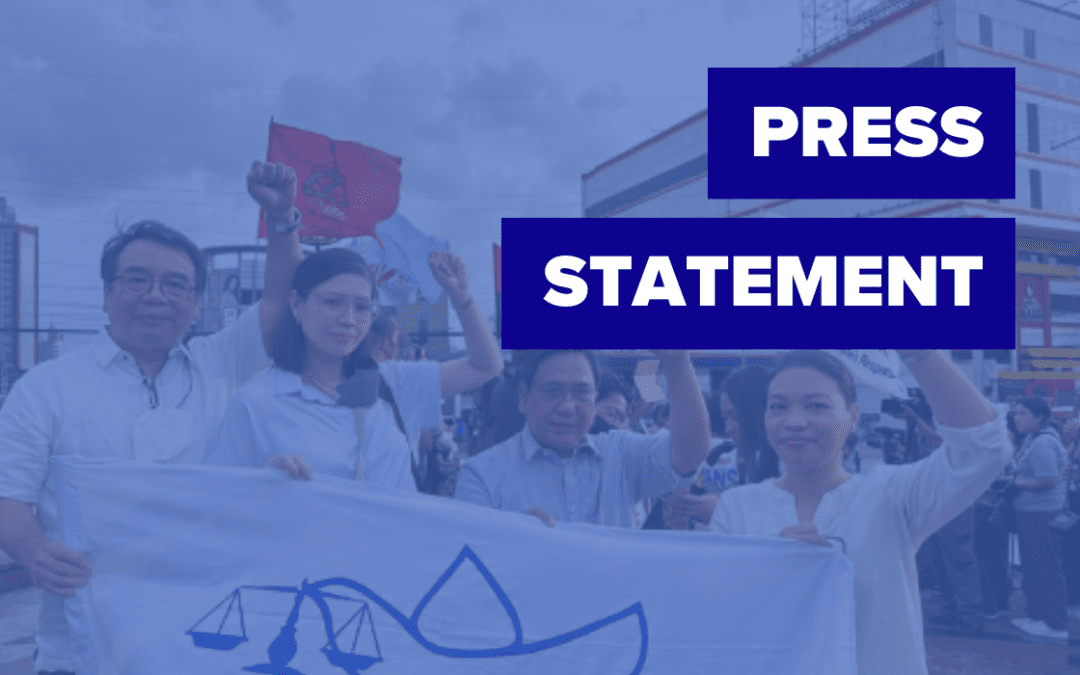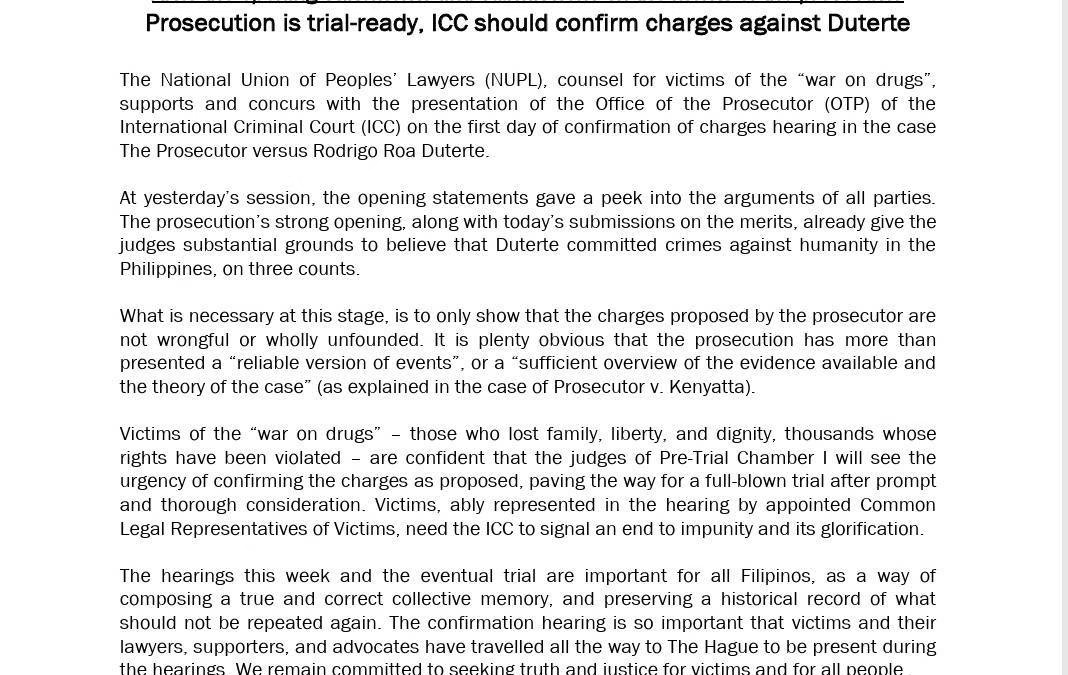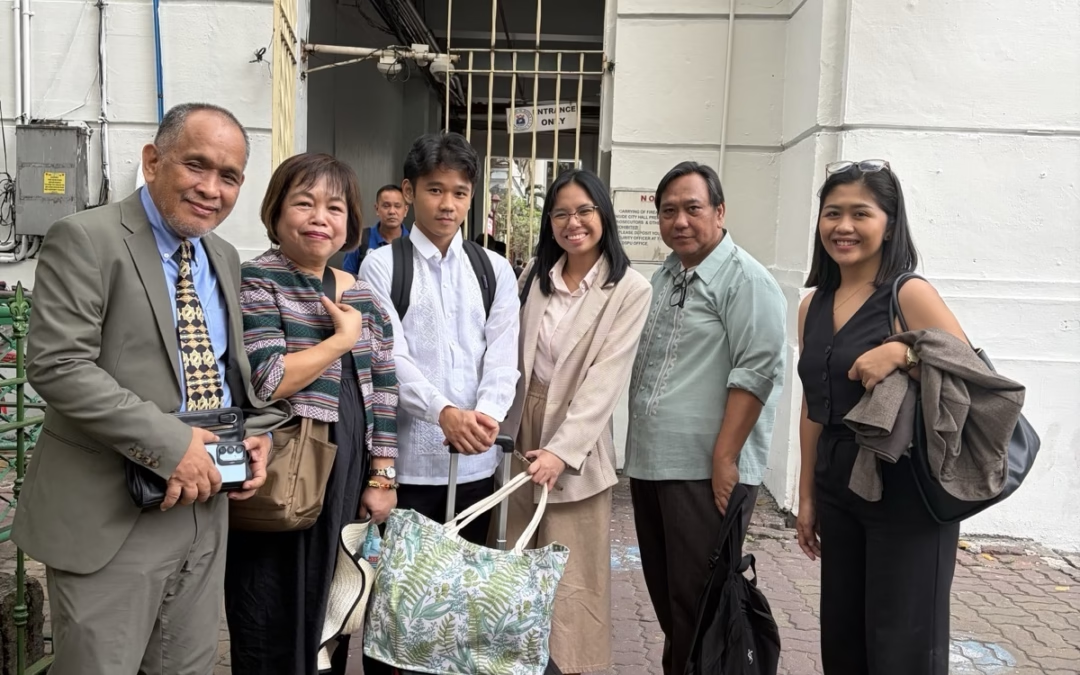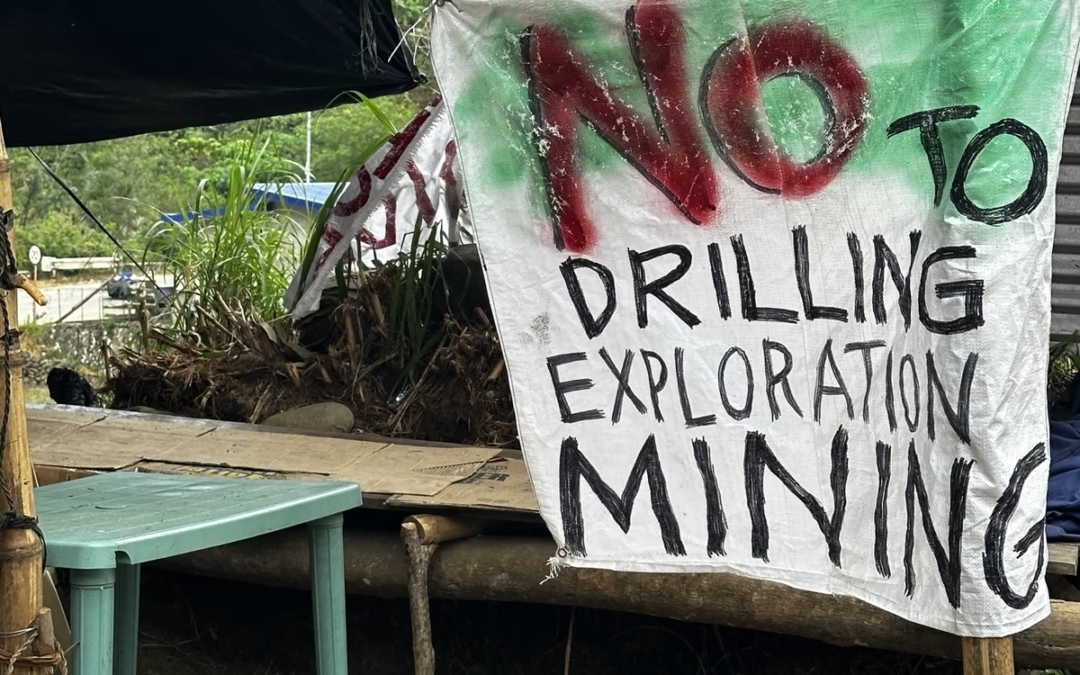November 18, 2025
The plan to bury the late Senator Juan Ponce Enrile at the Libingan ng mga Bayani is a grave distortion of history that echoes the 2016 burial of dictator Ferdinand Marcos Sr. The National Union of Peoples’ Lawyers (NUPL) opposed that move then, together with Martial Law survivors, human rights advocates, and countless citizens who understood what was at stake: the fight over the public meaning of the Libingan itself.
What is being revived now is the same project of historical rehabilitation. This burial will not be a simple act of protocol but an effort to confer honor on a former Defense Minister whose role in the machinery of martial rule cannot be separated from its atrocities, repression, and plunder.
To bury Enrile at the Libingan is to repeat the revisionism that marked Marcos Sr.’s interment, and to again force the Filipino people to accept as “heroic” what the law and history have already condemned.
The legal architecture governing the Libingan has not changed. Republic Act No. 268 established it “[t]o perpetuate the memory of all the Presidents of the Philippines, national heroes and patriots for the inspiration and emulation of this generation and generations still unborn.” This formulation embodies a legal standard: that those interred be worthy of emulation.
The law therefore requires moral fitness. With respect to Marcos Sr., Congress and the courts have already taken judicial and legislative notice of his regime’s crimes, such as the creation of the PCGG, the recovery of ill-gotten wealth, jurisprudence describing a “well-entrenched plundering regime,” and passage of RA 10368, which compensates victims of state torture and killings. These are not political assertions but legislative and judicial facts the State is bound to recognize.
Exactly the same analysis applies to Enrile.
As Defense Minister, Enrile stood at the center of martial rule: mass arrests, detention, torture, disappearances, media shutdowns, and the dismantling of civil liberties. That he later parted ways with Marcos in 1986 does not erase the decades he spent shaping and enforcing the regime Filipinos ultimately rose to overthrow.
The laws that exposed the criminality of the Marcos dictatorship also presuppose the responsibility of those who sustained it. To bury Enrile at the Libingan is to disregard the harm inflicted under martial law and undermine the foundations of reparations, asset recovery, and transitional justice.
The 1987 Constitution itself stands as a direct repudiation of the abuses of the Marcos-Enrile era. It remains the nation’s strongest safeguard against the return of authoritarianism. Conferring hero status on one of its principal architects betrays the values that constitutional order was designed to defend.
The Libingan ng mga Bayani is not a sanctuary for those who dismantled democracy or presided over systematic abuse. It was created for “inspiration and emulation”—standards that neither Marcos nor Enrile ever met.
We call on the government and on all Filipinos to resist this renewed attempt to sanitize the legacy of tyranny. Honor is not conferred by burial rites; it is earned by service grounded in truth, justice, and respect for human dignity. Enrile’s record speaks for itself, and no decree, ceremony, or grave at the Libingan can rewrite it.
NUPL once again stands with martial law survivors, with the families of the disappeared, and with all Filipinos who refuse to let history be buried alongside the truth. ###
